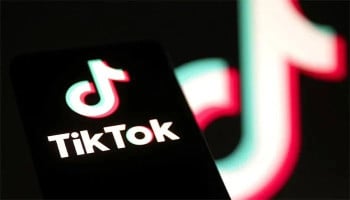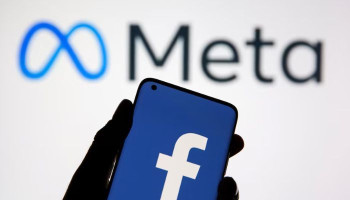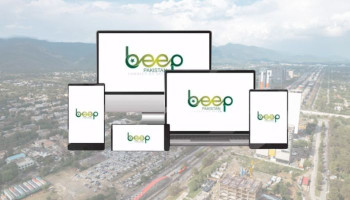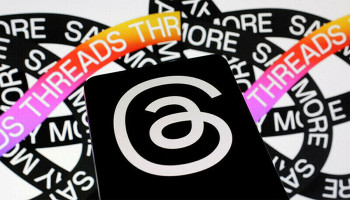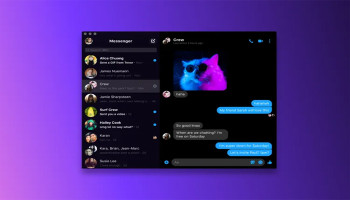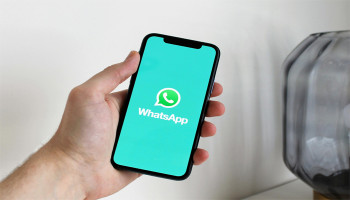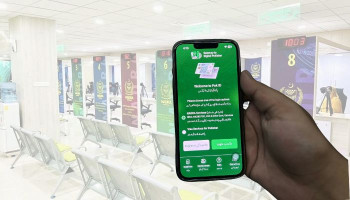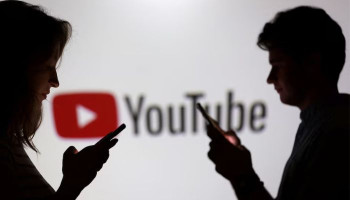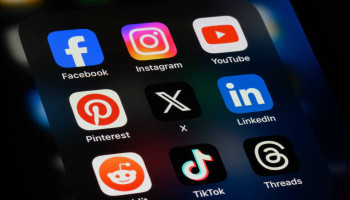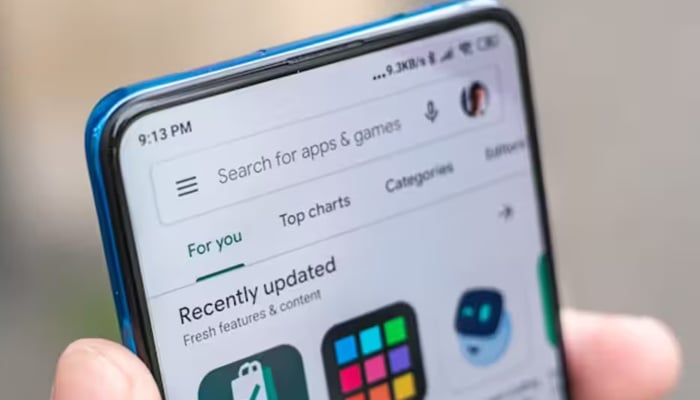
Google Play Store has quietly launched a new feature that will make consumer's lives easier. The Android default app store now allows users to download multiple new apps simultaneously, removing the need to download apps one by one, which can take a long time, especially if the apps are huge.
However, there are certain limitations to the service, and users will not be able to download 10-15 apps at once.
It implies that if the user installs two apps, they will download simultaneously rather than sequentially. However, adding a third app places it on the pending list, and it begins downloading whenever either of the two applications is loaded.
Moreover, the functionality is only accessible for new downloads. When upgrading an existing app, it continues to use the queue mechanism and downloads one at a time.
Whereas, Apple's software Store can handle three simultaneous downloads at once, it is a significant improvement over how Google has managed software downloads since the Play Store's creation.
In simple terms, the new feature allows for two-part downloads. When consumers move to a new phone and download a big number of apps at the same time, the time taken may be reduced by half.
However, it's unclear why Google opted to retain the limit at two applications. One likely explanation is to avoid data throttling since several concurrent downloads can quickly use network bandwidth, resulting in all of the apps taking significantly longer to download than they would individually.
According to an article, Gadgets360 reported that another possible explanation is that the Android manufacturer is testing the functionality and intends to raise the number of apps that may be downloaded at the same time later.
Google has been hard at work, as its annual developer conference, Google I/O, will take place on May 14, and the company is likely to introduce Android 15 during the keynote session.
According to a source, one of the new features the tech company might unveil is NFC Wireless Charging, which would allow users to charge devices that lack an in-built wireless charging solution but do have NFC capability.




